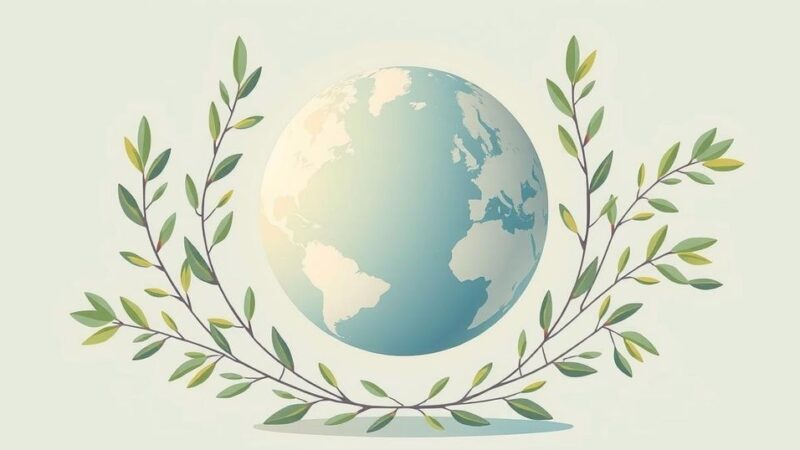Guyana plans to approach the United Nations’ top court to counter Venezuela’s initiative to elect a governor for the contested Essequibo region, which is rich in resources. The move is seen as a violation of a prior agreement to avoid escalating tensions over the territory, prompting concerns about international law and sovereign rights. The ICJ ruling on this matter is pending, with responses from Venezuela expected later this year.
Guyana has announced its intention to seek assistance from the United Nations’ highest court regarding Venezuela’s plans to appoint a governor for the disputed Essequibo region. The Guyanese government claims this territory, rich in natural resources, has long been claimed by Venezuela. According to Guyana’s foreign ministry, such a move would violate a December 2022 agreement aimed at preventing conflict over the mineral- and oil-rich area that comprises two-thirds of Guyana’s total land.
The dispute over the Essequibo region stems from colonial history, where Venezuela asserts it was originally within its borders during Spanish rule. Venezuela has consistently rejected the 1899 border arbitration that awarded Essequibo to British Guiana (now Guyana). After unsuccessful mediation efforts, Guyana brought the case to the International Court of Justice (ICJ) in 2018, prompting a legal examination of the borders. The stakes have risen significantly since major oil and gas reserves were found off Guyana’s coast in 2015, intensifying Venezuela’s claims to Essequibo.
In summary, Guyana’s government seeks the intervention of the International Court of Justice to prevent Venezuela from asserting control over the contested Essequibo region. This legal action is rooted in concerns about violations of international law and the ongoing tensions surrounding territorial integrity in a region of significant resource wealth. The outcome of this situation remains uncertain as the court process evolves.
Original Source: abcnews.go.com






